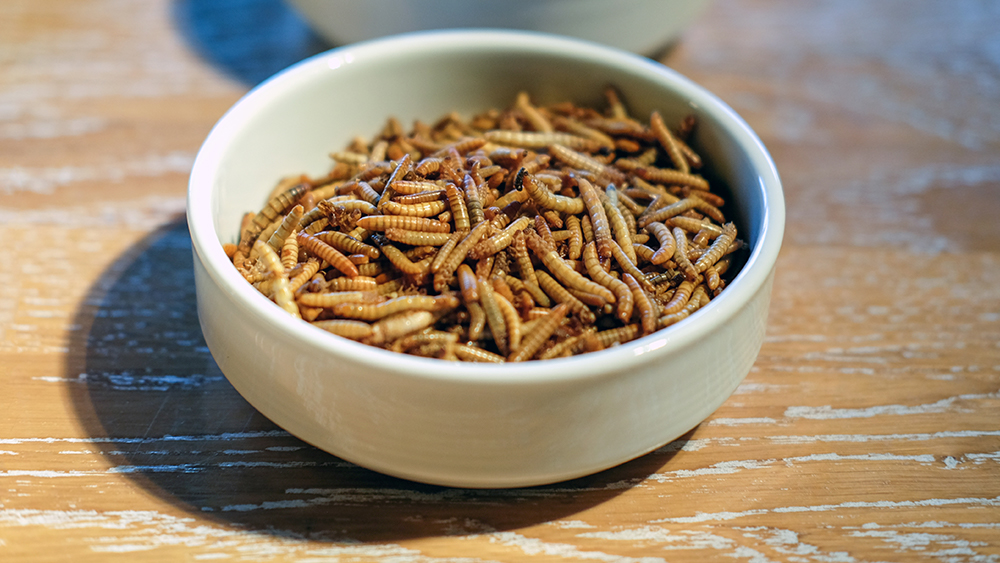 Parler
Parler Gab
Gab
Critics say proposed FDA guidelines is insufficient
The proposed guidelines for lead levels in baby food did not sit well with some critics, however, with some saying they cannot protect children enough from heavy metals in baby food. Jane Houlihan of the Healthy Babies Bright Futures (HBBF) coalition said that while any action on the part of the FDA is welcome, its suggested limits on lead in baby food aren't low enough to move the needle. "Nearly all baby foods on the market already comply with what they have proposed," she said. Houlihan, HBBF's national director of science and health, authored a 2019 report that found dangerous levels of lead and other heavy metals in 95 percent of manufactured baby food. The said report prompted a congressional investigation in 2021, with lawmakers discovering that leading baby food manufacturers knowingly sold products with high levels of toxic metals. "The FDA hasn't done enough with these proposed lead limits to protect babies and young children from lead's harmful effects. There is no known safe level of lead exposure, and children are particularly vulnerable," she pointed out. Brian Ronholm, food policy director for the nonprofit group Consumer Reports (CR), also raised concerns. A CR report from 2018 found "concerning" levels of lead and other heavy metals in 50 baby foods. Citing the said report, he pointed out that "15 of them would pose a risk to a child who ate one serving or less per day." "The FDA should be encouraging industry to work harder to reduce hazardous lead and other heavy metals in baby food, given how vulnerable young children are to toxic exposure," Ronholm said in a statement. Watch Jefferey Jaxen and Del Bigtree discuss on "The HighWire" a 2021 study by Consumer Reports about baby foods with dangerous levels of heavy metals. This video is from The HighWire with Del Bigtree channel on Brighteon.com.More related stories:
Half a million pounds of canned beef recalled due to lead contamination. Lifetime exposure to lead linked to greater dementia risk. Lead in the water? It might be due to manganese. Pollutants and contaminants affect food supply from farm to plate. Sources include: Reuters.com FDA.gov NBCNews.com WMUR.com Brighteon.comMerck’s COVID-19 pill molnupiravir is causing new mutations of the virus
By Arsenio Toledo // Share
First bite: Soft serve ice cream with mealworm topping debuts in Sweden
By Ramon Tomey // Share
Those attacks on gas stoves aren’t really about health
By News Editors // Share
Governments continue to obscure COVID-19 vaccine data amid rising concerns over excess deaths
By patricklewis // Share
Tech giant Microsoft backs EXTINCTION with its support of carbon capture programs
By ramontomeydw // Share
Germany to resume arms exports to Israel despite repeated ceasefire violations
By isabelle // Share










